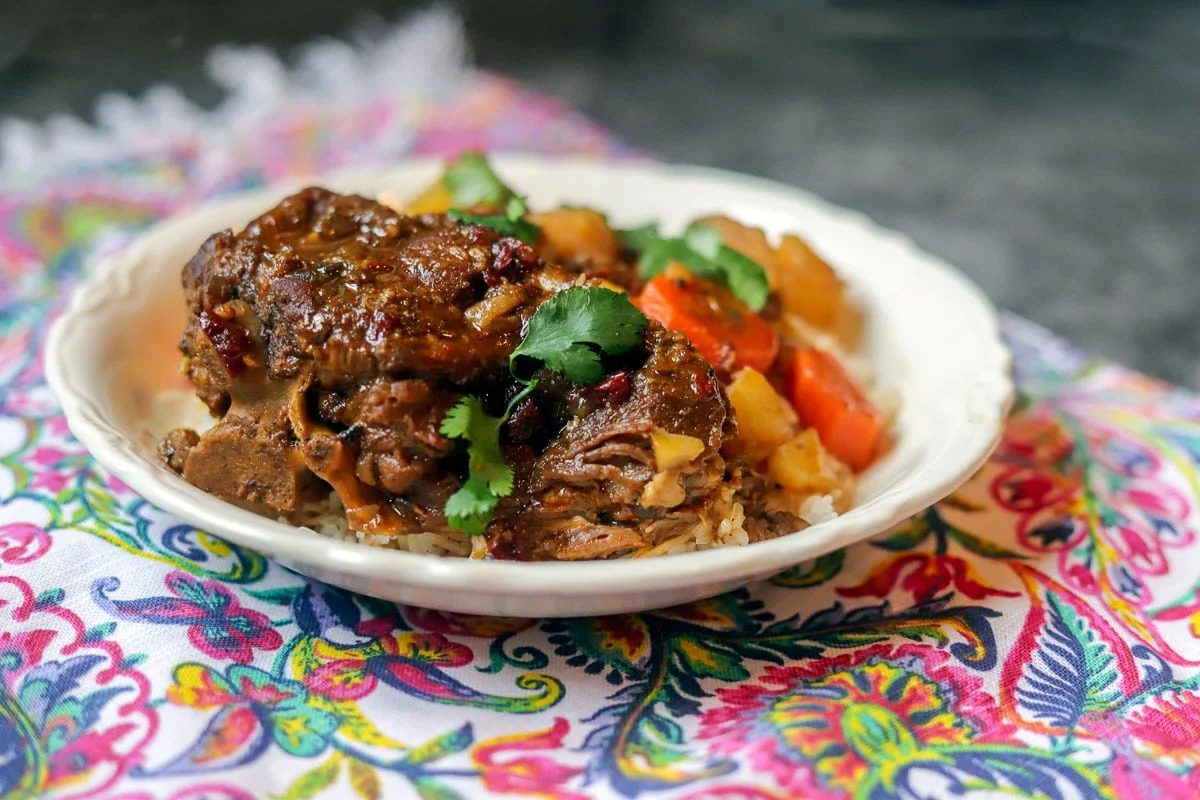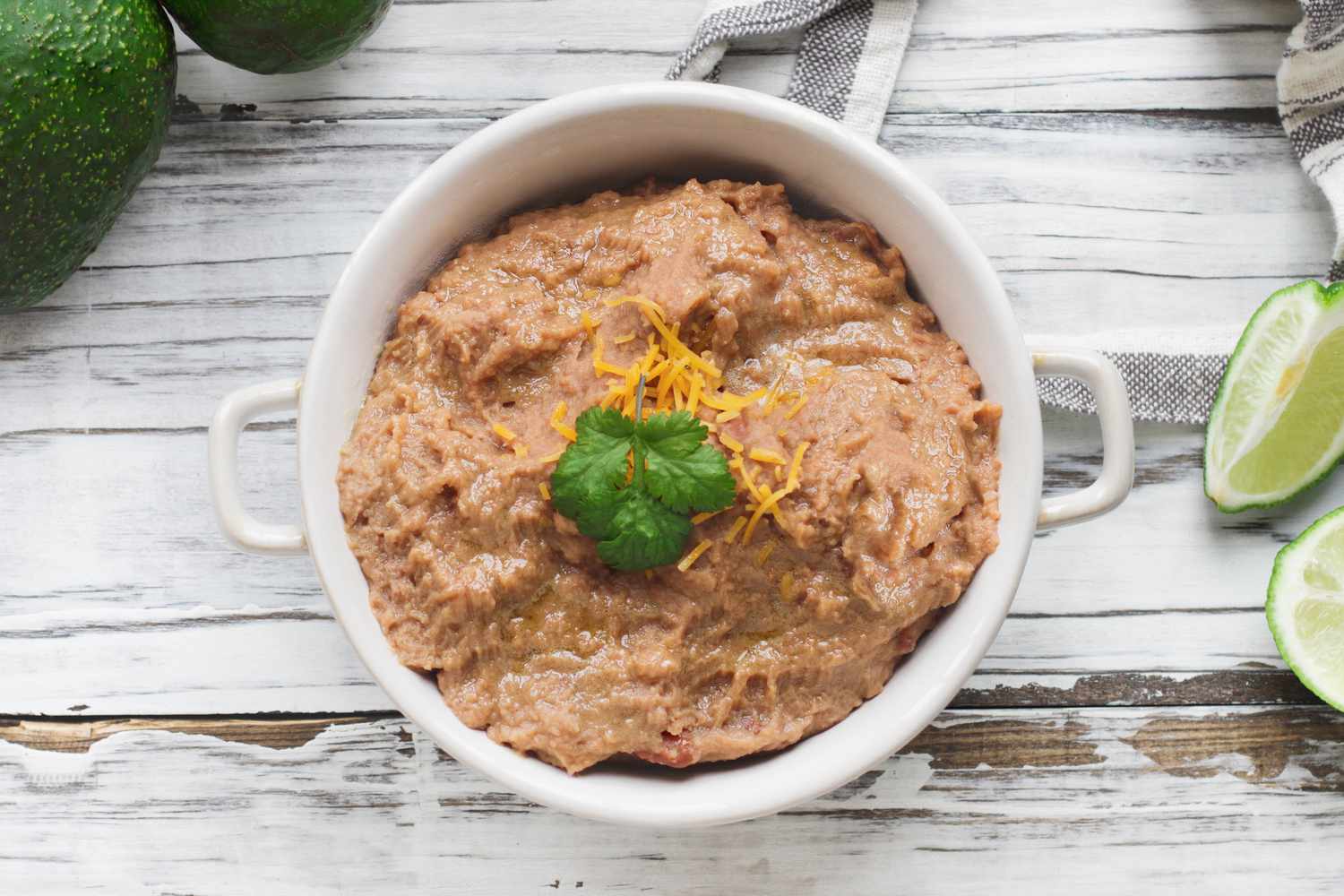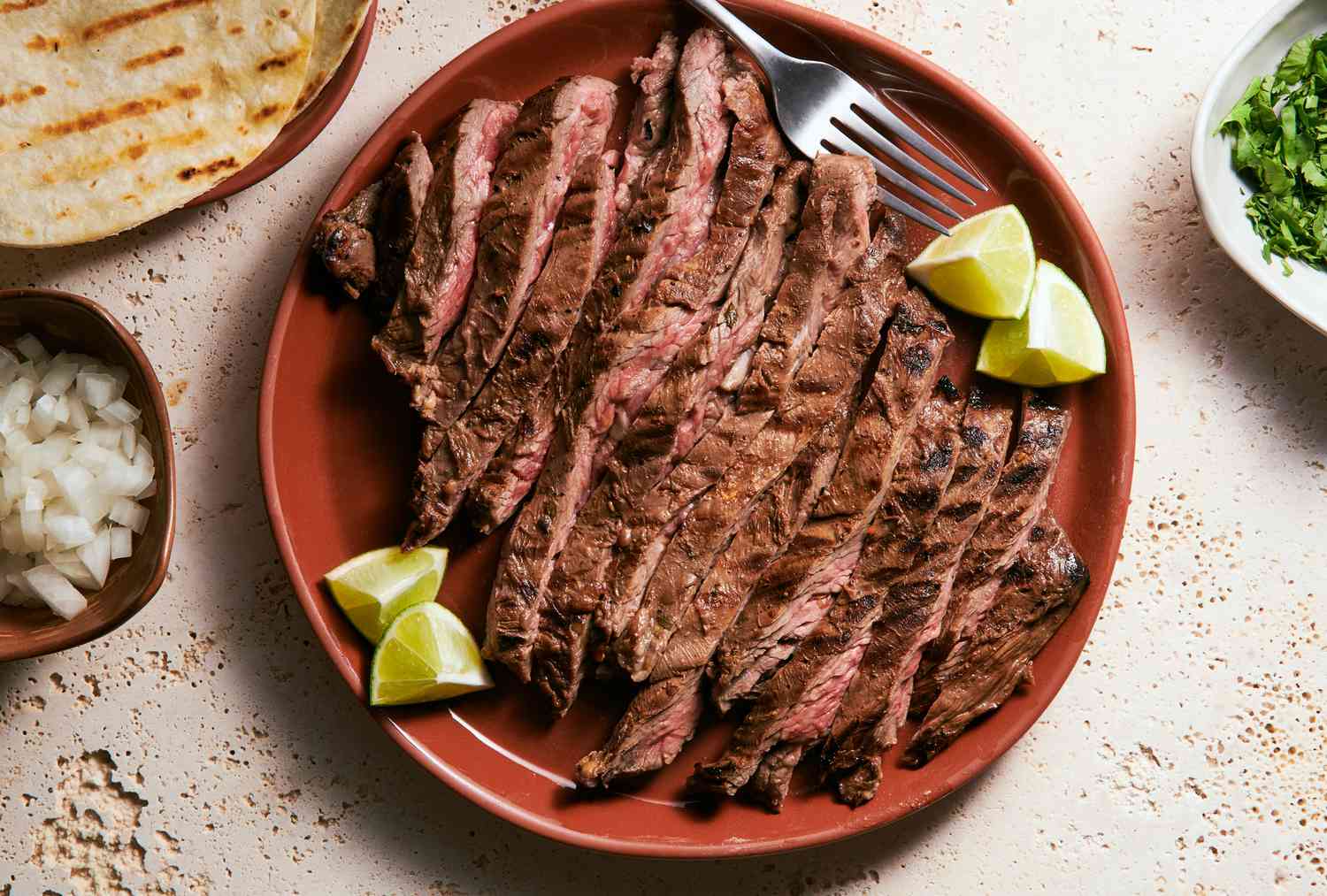Exploring Exotic Cuisines: A Culinary Adventure
Disclaimer: This article is purely for informational purposes and does not endorse or promote the consumption of dog meat.
Welcome to our culinary adventure, where we embark on a journey to explore different cuisines from around the world. Today, we delve into the realm of exotic foods, acknowledging cultural diversity while remaining respectful and sensitive.
Understanding Global Food Cultures
One of the fascinating aspects of exploring various cultures is exploring their unique culinary traditions. Food plays a significant role in reflecting the history, climate, geography, and values of a society. While some dishes might seem unfamiliar or unusual to us, it’s important to approach them with an open mind and respect for cultural differences.
The Importance of Cultural Sensitivity
Every culture has its own unique delicacies and traditional recipes, some of which may include ingredients that might be considered taboo or controversial in other parts of the world. It’s crucial to approach these topics with cultural sensitivity, understanding, and respect.
Exploring Exotic Ingredients
Exotic ingredients can often be found in traditional dishes. These ingredients are sourced from both plants and animals and play a pivotal role in creating unique flavors and textures. Here, we shed light on the significance of these ingredients without endorsing their consumption or suggesting any specific cooking methods.
Preserving Endangered Species
While we explore various cuisines, it’s essential to prioritize the ethical treatment of animals and protect endangered species. Many countries have implemented laws to safeguard wildlife, preventing the consumption of certain animals to ensure their survival and preservation in their natural habitats.
Culinary Exploration and Ethical Choices
As we embark on this culinary adventure, we encourage you to be aware of your personal ethical choices. Respect for cultural diversity goes hand in hand with promoting sustainable farming practices, protecting our environment, and preserving animal welfare.
Conclusion
While the diversity of global cuisines is indeed fascinating, it is crucial to approach it with cultural sensitivity, respect, and an understanding of one another. As we explore different culinary traditions, let’s remember to prioritize ethical choices, promote sustainability, and celebrate the rich mosaic of our collective gastronomic heritage.
Was this page helpful?
Read Next: How To Cook A Pastrami Roast
Nellie J. Ellis Koroge
https://newestsite.net/











